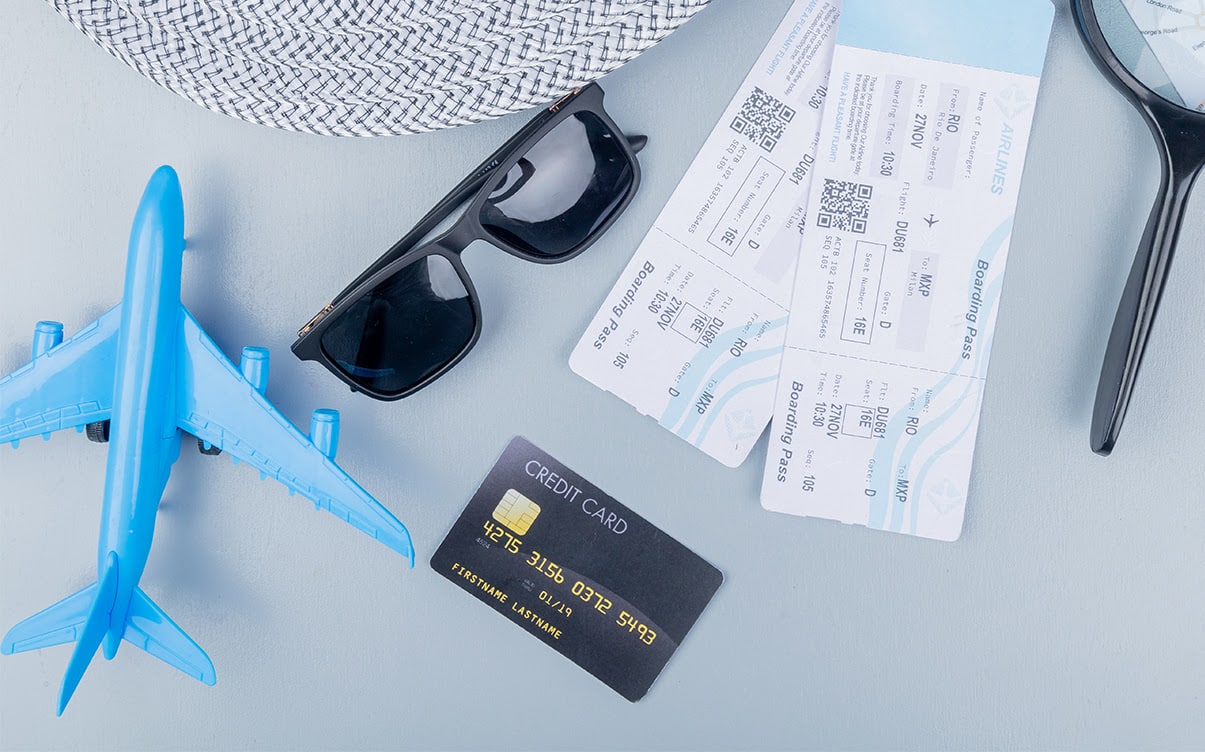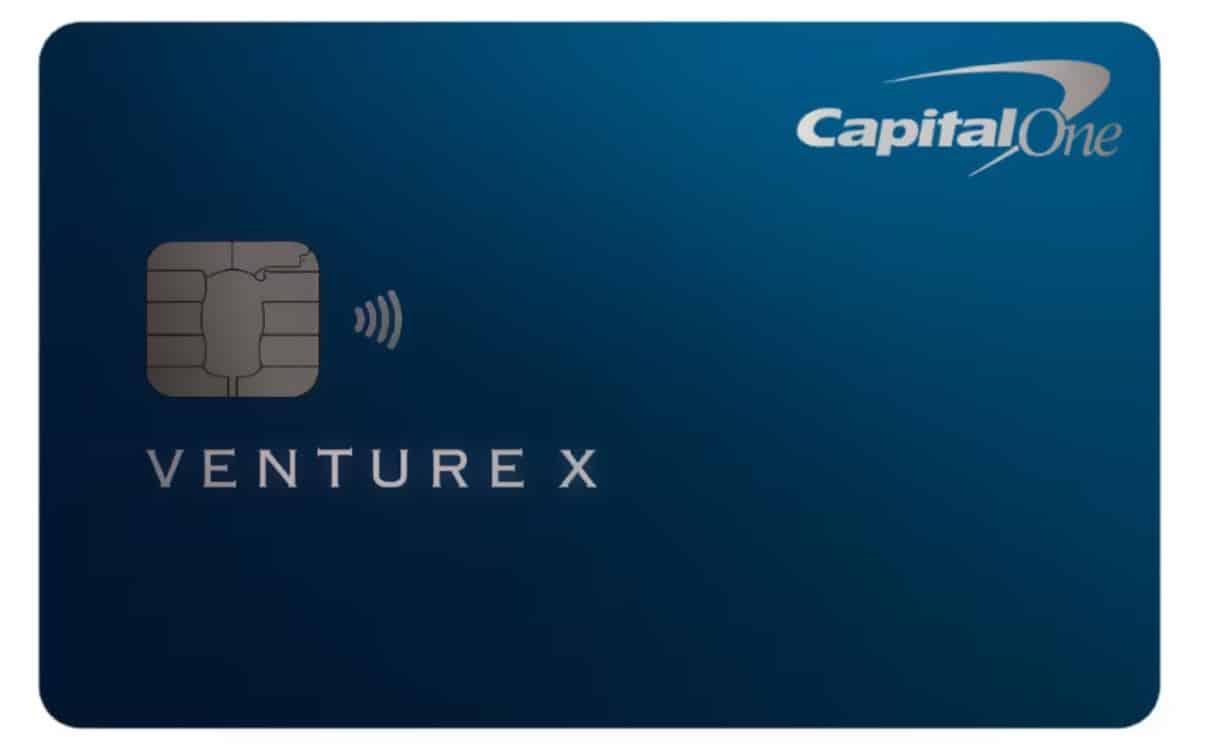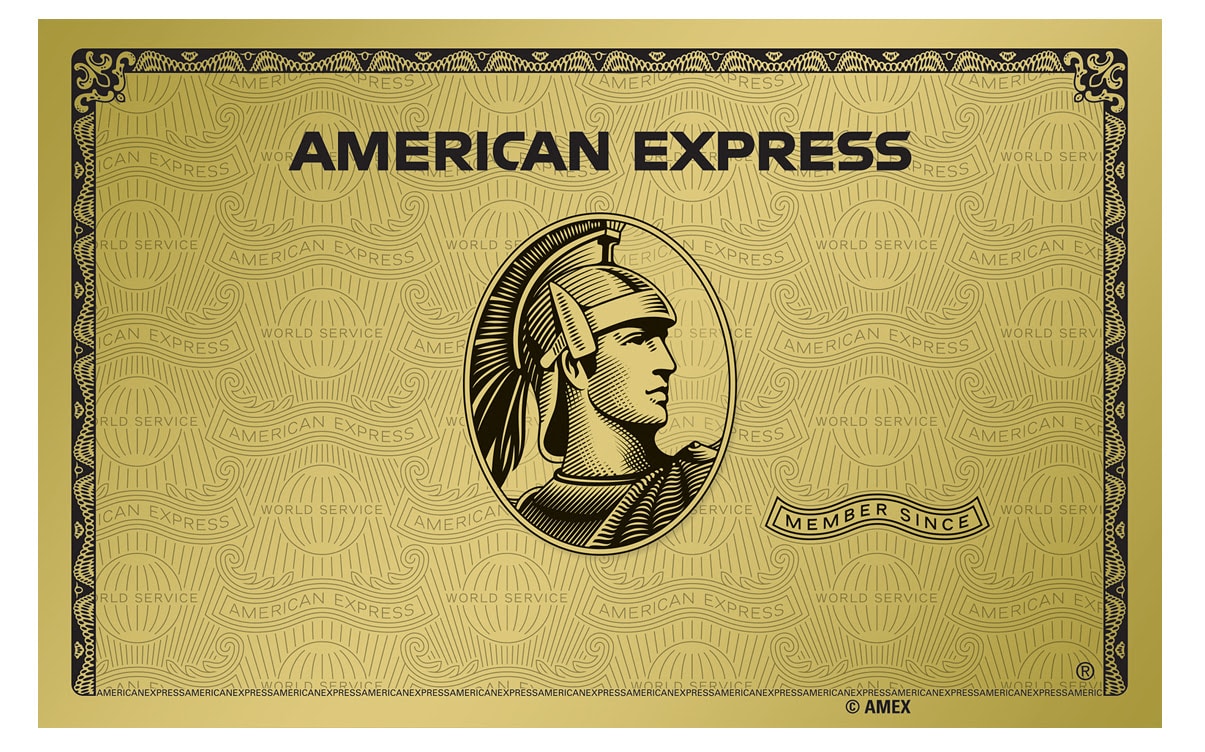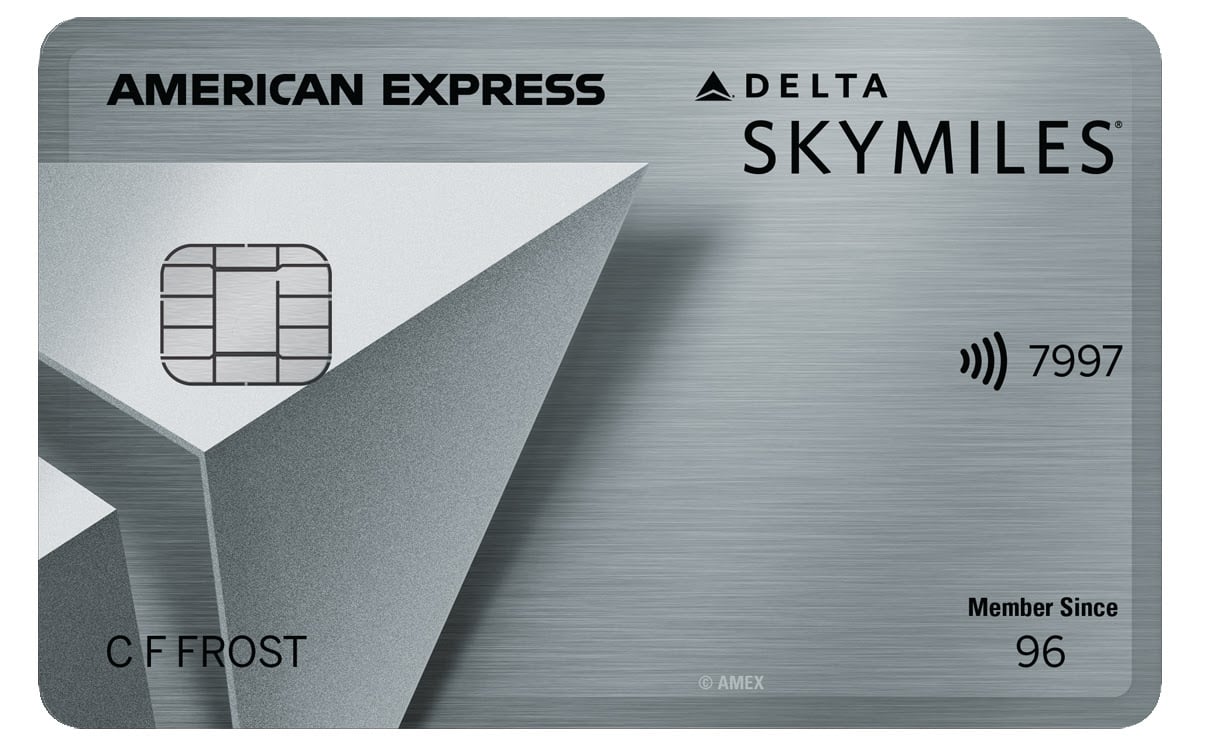The 5 Best Travel Rewards Credit Cards for Ultimate Perks
Disclaimer: This post may contain affiliate links. Please see our Disclosure Policy and Advertiser Disclosure for details.
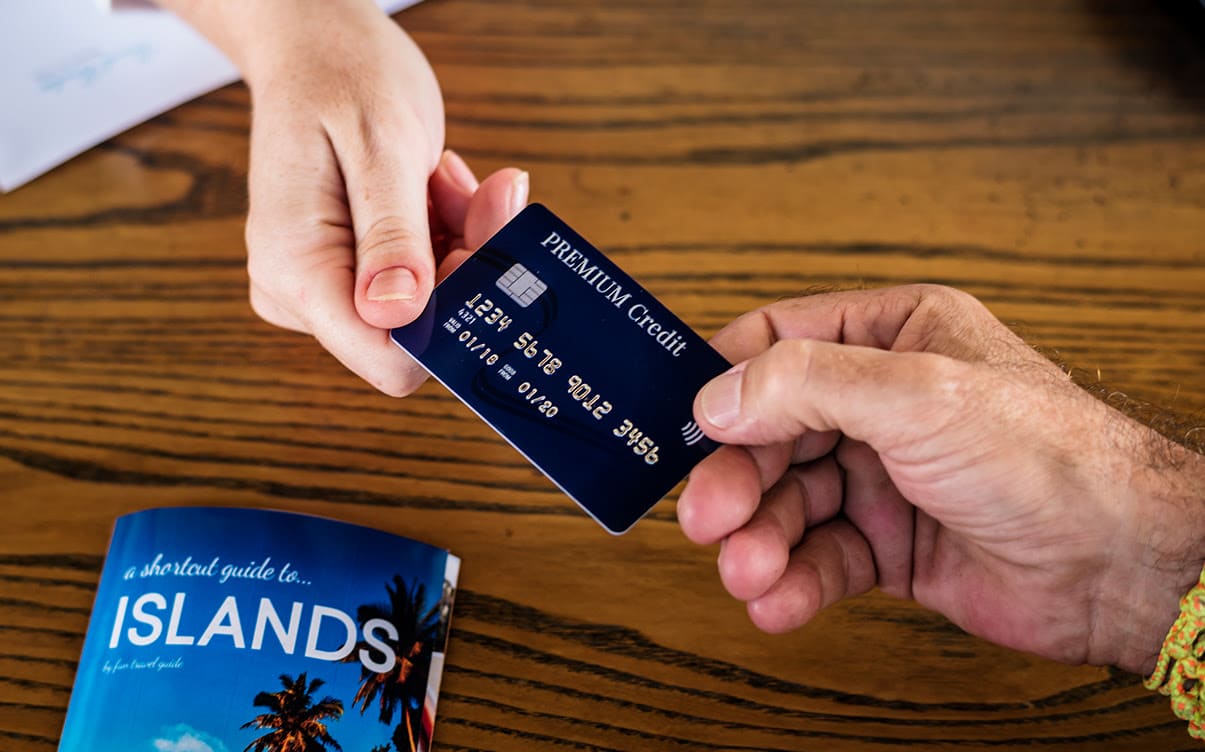
Editorial Disclaimer: Opinions expressed here are the author’s alone, not those of any bank, credit card issuer, hotel, airline, or other entity. This content has not been reviewed, approved or otherwise endorsed by any of the entities included within the post. Terms apply to American Express benefits and offers. Enrollment may be required for select American Express benefits and offers. Visit americanexpress.com to learn more.
One of the realities of being a world-traveling adventurer is that these kinds of travels cost money. Most of the people who successfully spend their time abroad pick one of a few different options to handle this reality.
- Some choose to travel almost exclusively to countries where the cost of living is very low, so $100 USD can keep them going for days at a time.
- Some have a background of independent wealth from family inheritance, savvy investments, early business creation, or another source and don’t have to worry much about their money.
- Some run ongoing businesses – like this blog – to fund their ongoing adventures, often alongside day jobs.
- Some dedicate themselves to taking advantage of perks and packages that facilitate travel.
It’s this last one we want to talk about today. Now, we’re not going deep into this topic. There are a lot of expert resources out there for maximized use of rewards, most of which we don’t get into. But that doesn’t mean we don’t have some experience with it or that we can’t give you some of our personal recommendations.
So, today, let’s talk about credit cards.
How Credit Card Travel Rewards Work
First, let’s start with a super brief overview of how credit cards and the associated rewards programs work, in general.
Credit, as you probably know, is basically the ability to take micro loans from a credit card company up to a given limit. You can carry a balance (generally a bad idea) or pay it off as you go (ideal). Carrying a balance is more expensive because interest builds up. Note that it’s a myth that carrying a balance improves your personal credit, so don’t worry about that.
Banks and credit card companies want to incentivize you to use their cards over other cards because they get transaction fees, interest payments, and other benefits. So, they often offer some kind of compelling rewards. Sometimes, this is a flat cash back on purchases, ranging from 1% to as much as 4%, though the higher amounts are usually limited to specific kinds of purchases or introductory periods.
Other times, they offer something less tangible, like airline miles. Airline miles, aka travel points, are non-monetary points you can build up, that certain airlines, hotels, and related businesses will allow you to redeem in place of money for payments.
Airline miles are interesting because they’re an intangible reward with no value to people who don’t travel but potentially a lot of value to people who do. Airlines and other businesses can vary up how much they’re worth, as well. For example, Southwest assigns a monetary value to points and pegs it to ticket prices. A point might be worth two cents, so a plane ticket that costs $200 would cost you 10,000 points.
Conversely, other airlines have variable charts, so points don’t have a fixed value. American Airlines does this, where sometimes your points stretch further depending on your destinations, the time of the flight, the class of ticket, and more. With careful tracking and analysis, you can find “sweet spots” to get more out of your points, but you need to be careful about it.
Credit card companies, of course, also love airline miles because every airline point they issue that’s never redeemed is cash-back money they didn’t have to give back. Like any points system, points that aren’t used are value that is lost.
You can earn airline miles by buying tickets and flying with airlines. Some airlines also have their own co-branded credit cards, so you can, for example, apply for a United Credit Card or a Southwest card, which will specifically earn points for that airline. Alternatively, you can get a more flexible credit card from an issuer like Chase, which specifically has a rewards program with airline miles.
All of this is glossing over a lot of specific details.
- You need a good enough credit rating to apply for the best cards.
- You need to make use of the cards to get the most out of your points.
- Sometimes, having more than one card and alternating them is more effective than sticking with one card.
- Many cards have introductory welcome offers within the first year or two
- Sometimes, you can benefit by registering an LLC for the business keeping you running, and get a business credit card as well.
If you’ve ever seen or heard of people who religiously clip coupons so their $300 grocery cart ends up costing them $20, well, there are people who put that to shame when it comes to using credit cards smartly and being strategic with their spend categories. At that point, though, it’s a full-time job just to manage your cards, and that’s not what we want to be doing when we’re traveling.
Should You Apply for Travel Credit Cards?
The biggest question you probably have is whether or not you should apply for a travel card at all.
Truthfully, it’s difficult to answer this in broad strokes. Some people benefit a lot more than others, and a lot of it depends on personal factors, including income, wealth, travel habits, spending habits, and your personal views on credit.
Here are some things to consider:
- Are you in the USA? Most of this is only really applicable to USA residents. Some cards and rewards systems exist outside of the US, but we’re not really familiar with them, so we can’t give you that specific advice.
- Do you have an excellent credit score? Unfortunately, because of how credit works, most of the best rewards cards are locked behind having a great or excellent credit score.
- Are you willing to keep records and maintain organization? Many rewards programs are only average at best, and a basic, flat-rate cash back reward is better if you’re not keeping track and optimizing your purchases. Not to mention using the points!
The number one rule, though, is don’t go into debt. If you are, at any point, spending money on interest payments, you’re wasting any value you could be getting from the card. Make sure you can pay off your balance every month.
You can also take rewards as far as you want. Some people get one travel card, rack up enough points over the course of a year to go on a single decent vacation, and call it a win. Other people utilize multiple cards, take advantage of welcome offers, and end up traveling the world on a quarterly basis almost for free.
We’re somewhere in the middle. Spending every waking moment optimizing points isn’t what we’re here to do, but getting some benefits for the things we’re already doing is great, so we pay some attention to it.
What to Watch for in a Good Travel Credit Card
Credit card offers are relatively fixed, but the range and scope of credit cards you can qualify for will vary. One of our biggest tips is to check with credit cards you might qualify for that are limited to outsiders, such as cards relating to unions or special employment. Since those aren’t generally applicable, though, we’ll focus on what anyone can get.
So, if you’re looking at a credit card offer, what should you check to evaluate if it’s good for you and your travel plans?
High rewards. You want the highest possible points accrual or, in the case of cash-back rewards, the highest rates for the things you’re spending money on. A card that earns you 2% on everything may be very good, but if you have two cards, one that gives you 4% on hotel bookings and one that gives you 4% on flights, having both can be better – assuming you use them appropriately. Points programs and airline miles muddy the waters and make it harder to evaluate, but you can do some math and see how much they’re typically worth.
Good welcome offers. Many of these cards give you a strong welcome offer for using the card for some amount of spending in the first few months or the first year. Make sure you get these offers!
No foreign transaction fees. This is probably the #1 thing to watch for after the rewards systems. If you’re spending an extra fee on every purchase when you’re traveling abroad, you really aren’t saving any money, are you?
Travel benefits and perks. Many travel-focused cards offer benefits like trip insurance, lost luggage redemption, TSA PreCheck®, Global Entry, and more. These can all be incredibly valuable perks.
What Are the Best Travel Credit Cards?
It’s difficult to rank the best travel cards, but you can get customized offers through systems like this one. There’s no one best card for everyone or even every situation. The five we’re recommending here are just some of the broadly best for most people.
Chase Ink Business Preferred® Credit Card
This is a business credit card, so it’s only useful if you’re running a business yourself and can put business expenses – including business travel – on the card.
It’s great for content creators in particular and gives you 3X points on travel, business expenses like internet and phone services, and even advertising purchases up to the first $150,000 spent each account anniversary year. It also has a handful of nice protections for traveling.
Chase Sapphire Preferred® Card
Chase Sapphire is probably one of the best credit cards in general and tends to top just about every list of great cards. We’ve had one as a personal-use card for years now, and it’s frankly top-tier.
It’s a reliable card with a lot of top-tier welcome offers and a relatively small amount of management required to get the most out of it. Basically, it’s one of the best as a daily-use, general-purpose card.
Capital One Venture X Rewards Credit Card
This is a travel-focused card rather than a general-use card. It has a lot of high-tier welcome offers and robust rewards, so if you get your use out of it, it’s very good.
The problem is that it has an annual fee, so if you aren’t getting at least enough rewards to make that worthwhile, it’s going to cause you problems instead. Generally, you want to avoid cards with annual fees unless you can maximize the rewards you earn with them. With this one, getting 10X miles on hotels and rental cars and 5X miles on flights when booked through Capital One Travel using the card can be well worth it for frequent travelers.
American Express® Gold Card
AMEX can be a tricky card because it’s generally not as widely accepted as a lot of other cards. But, as a general-use card for your domestic spending, it can be a great way to rack up rewards in between your trips. You’ll definitely want to examine the specific pros and cons of this card before enrolling, though.
AMEX also has a premium-tier card called the Platinum Card® from American Express (See Rates & Fees), which is great for more travel-focused spending but has a pretty high annual fee. That said, it has access to a bunch of airline lounges and other benefits that it’s hard to put a price on, so if you use it well, it’s definitely worthwhile.
Delta SkyMiles® Platinum American Express Card
This is one of the loyalty cards we mentioned above. It’s a co-branded card between AMEX and Delta, and it’s a business card, so you have a couple of restrictions on getting it; namely, you need to be a business and you need to prioritize Delta with your flights. But, if you can meet those requirements, the perks and benefits of this card are incredible. It also has a lower annual fee (See Rates & Fees) than other AMEX cards.
This, of course, only scratches the surface of the cards you can explore. We have other recommendations for business cards you can check out here, as well as more tips on how to maximize your card rewards here.
Do you have a preferred recommendation for a travel card we didn’t mention? Let us know!
You may also enjoy:

